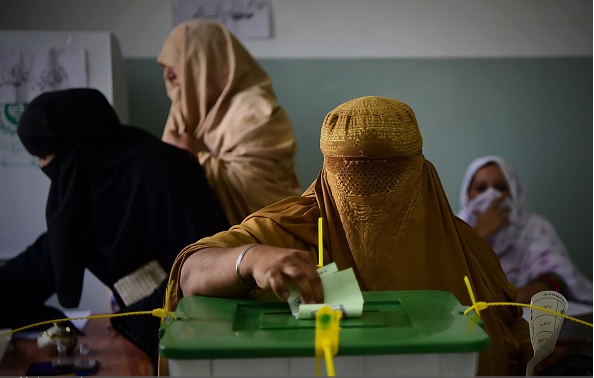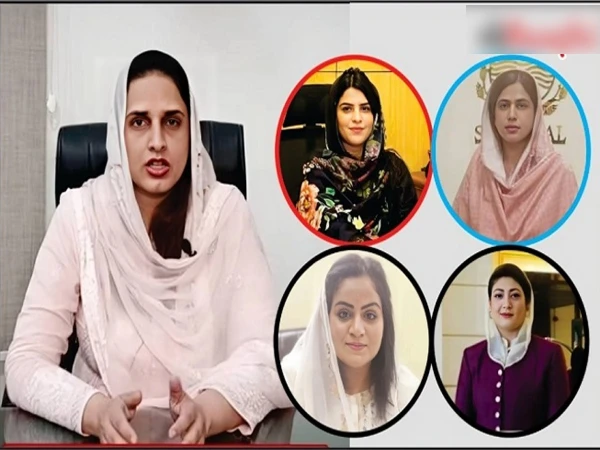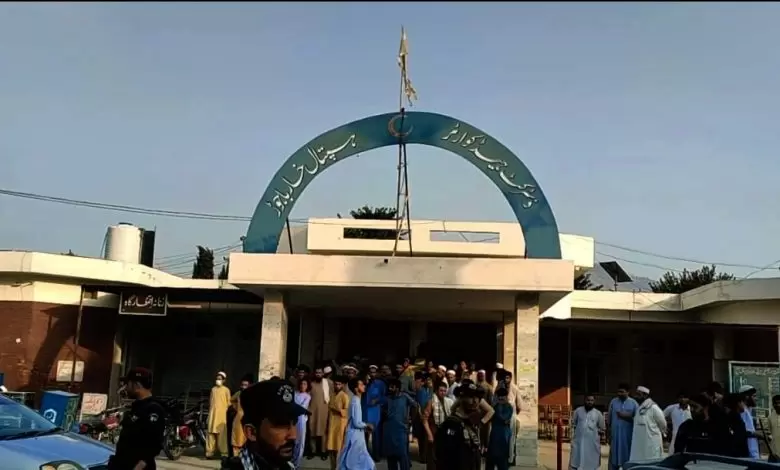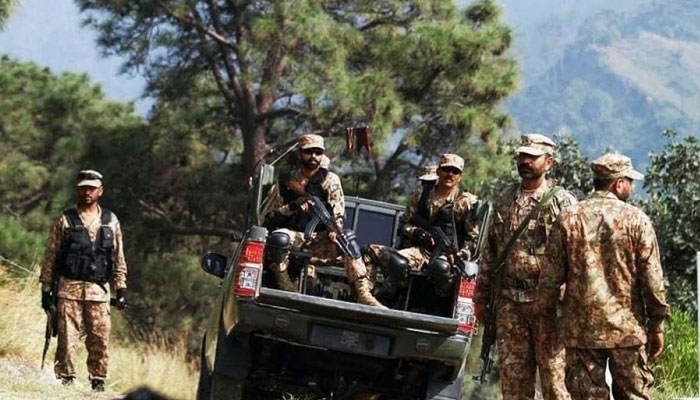
In the tribal districts of Khyber Pakhtunkhwa, uncertainty looms over the elections as people strive to exercise their voting rights. Despite increased enthusiasm among women to participate in the February 8 elections, traditional norms still constrain their ability to vote independently.
Kausar Bibi from Bajaur reveals that, while constitutionally entitled to vote freely, women in tribal areas are bound by a patriarchal system that often dictates their choices.
Kausar Bibi laments that, during voting, men in her family instruct women on whom to vote for, undermining their autonomy. Hina, also from Bajaur, explains that this practice has endured for years, with women rarely challenging it.
Social activist Rabia notes that the fear of violence and strong reactions from men discourage women from freely exercising their voting rights, perpetuating the cycle of constrained choices.
According to the Election Commission of Pakistan, women have the right to vote voluntarily in any constituency, but this freedom is not fully realized in tribal districts. Sidra, an Election Commission official, attributes the issue to a lack of awareness about elections and the patriarchal system's dominance.
Also Read: Pakistan and Germany Strengthen Bilateral Ties with €45 Million Technical Cooperation Agreement
Despite increased awareness among women in tribal districts, they often lack the empowerment to defy traditional norms and exercise their voting rights independently.
Rukhsana, a women's rights advocate, emphasizes that although the constitution grants women voting autonomy, their opinions are frequently disregarded in tribal districts, where decisions are made with male support. Out of a total of 2,801,834 voters in tribal districts, comprising 1,671,305 males and 1,130,529 females, the number of women exercising their voting rights remains limited.
Saima Munir, director of the 'Auart Foundation,' acknowledges the challenges faced by women in tribal districts and underscores the ongoing efforts to secure their rights. She suggests that considering elections invalid in constituencies with low women's voter turnout or restrictions could lead to positive outcomes in future elections.
1.jpeg)
09 Jul, 2025






1.jpeg)
09 Jul, 2025